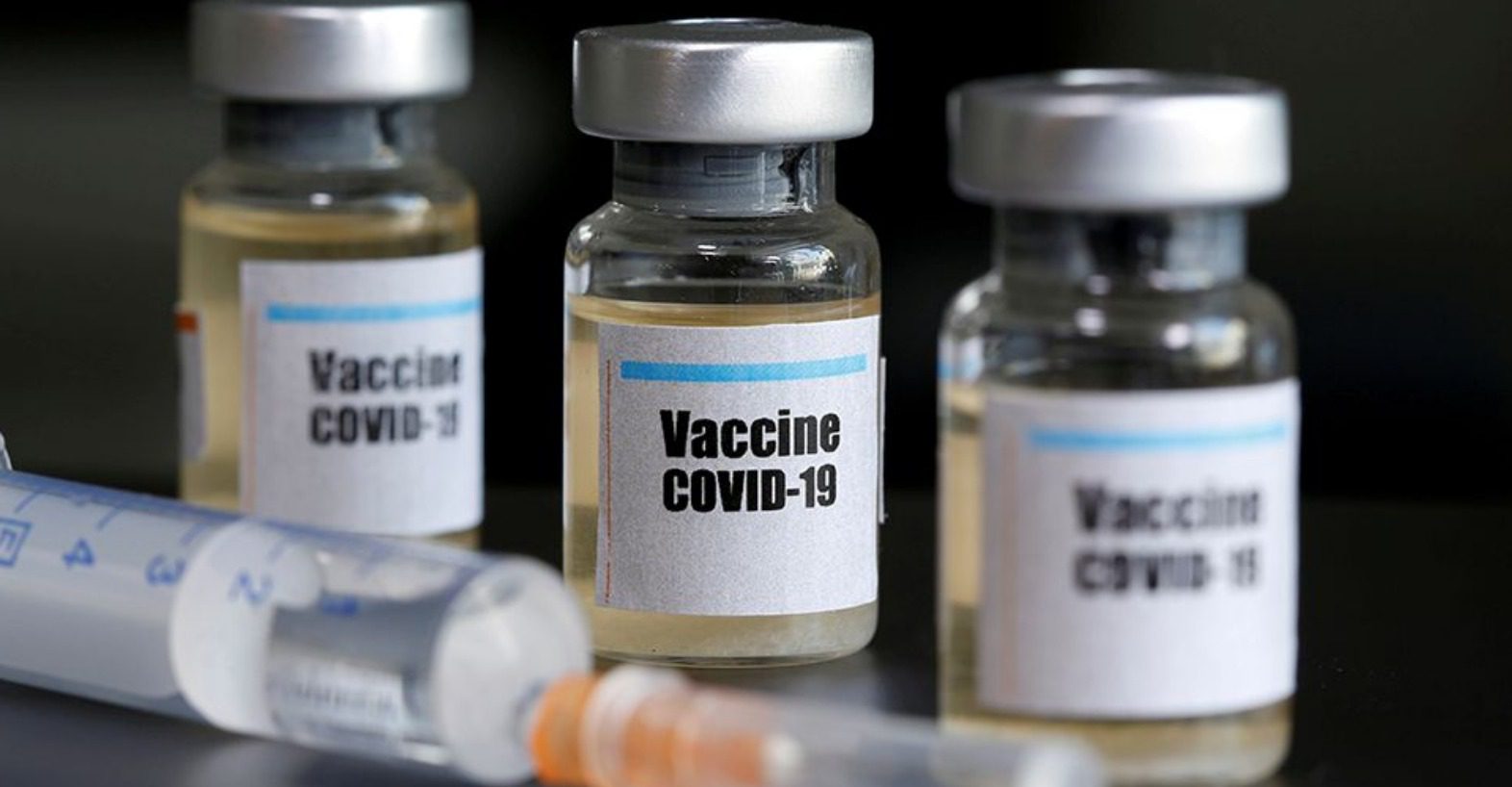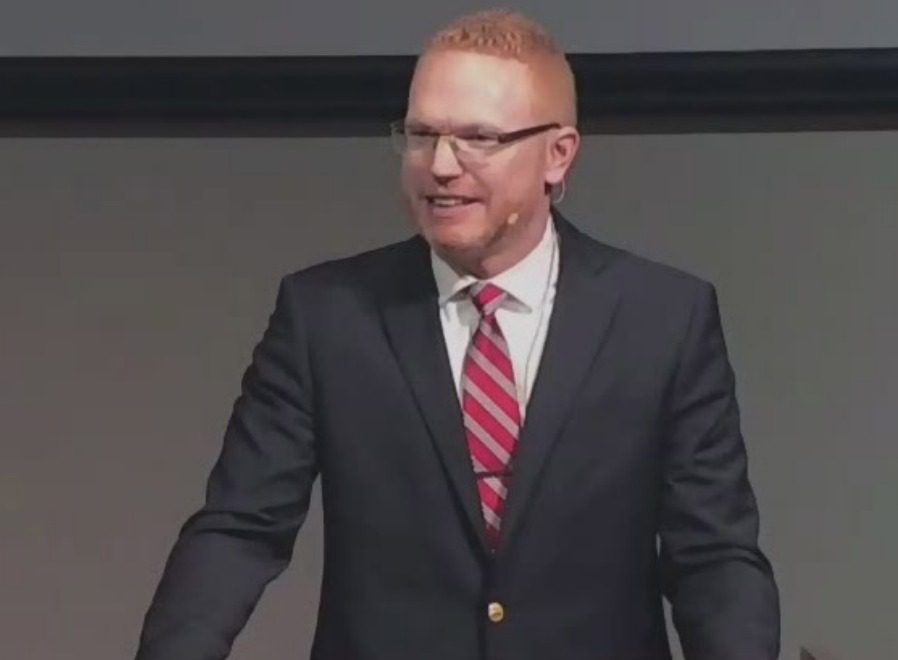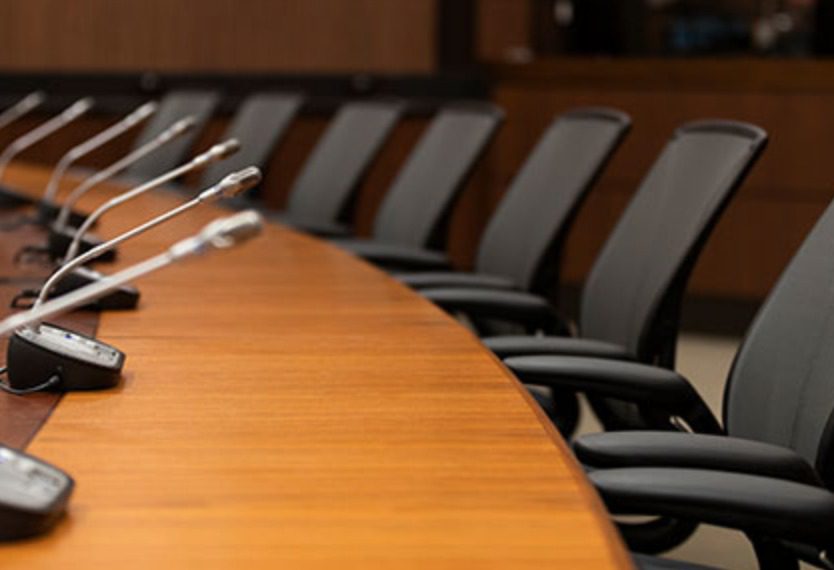Amidst an unparalleled pandemic, and beset with formidable domestic challenges, how much should Canada be doing to assist the very poorest in acquiring vaccines?
It is a question that many Canadians are asking themselves, especially in light of the federal government's decision to purchase vaccines from COVAX, a WHO program created to help some of the world's most disadvantaged countries access and administer COVID-19 inoculations.
For many pundits and politicians, including the Prime Minister himself, as well as a chorus of conservative voices, the decision to buy vaccines from COVAX may not be an ideal one, but it is a necessary one, particularly if it will help ensure a timelier vaccination for Canadians.
As for everyone else, well, in this competitive state, with each and every country looking out for themselves, Canada's significant contribution to the COVAX fund will help many low-income countries acquire vaccines, which is more than many other wealthy countries can say they've done.
Besides, by purchasing COVAX vaccines, Canada is technically not doing anything wrong.
After all, according to the COVAX funding agreement, half of a country's funding for the project has always been intended for the distribution of vaccines domestically with the other half going to support some of the world's poorest.
And it's not like Canada is the only wealthy country doing this. Both New Zealand and Singapore, have donated far less to the program, while also similarly requesting "early allocations" from it.
Is Canada any less deserving as these wealthy countries for purchasing COVAX vaccines? Should it not too reap at least some of the rewards for its generosity?
These are some of the justifications being made to support Canada's dipping into the COVAX program.
Others, however, like Stephen Lewis, Canada's former ambassador to the United Nations, as well as a United Nations' special envoy for HIV/AIDS in Africa, believe there is no justification for such a self-interested play.
According to him, Canada has no business utilizing vaccines from COVAX, as "it was always understood from the outset that this was not a source of vaccines for the rich and wealthy countries of the world" but instead a fund to support those countries unable to afford the vaccines.
For Lewis, this is not only a "profound mistake" but a mistake that is "wrong morally" and flies in the face of all the righteous rhetoric that Trudeau likes to deploy when speaking about Canada and its so-called benevolence in the world.
To him, and others like Annamie Paul, "There is a very big difference between having a right and doing what's right." And while Canada may have the right to purchase COVAX vaccines for its own usage, that does not make it the right thing to do.
Between the two conflicting camps, I tend to side with the latter, though for reasons extending far beyond COVAX, and more by looking at Canada's larger role in the global vaccine scramble.
What so many in the 'justifier' camp forget is that Canada's contributions to COVAX alone (respectful as it may be) does not absolve it of its sins against the global south.
For starters, consider Canada's complicity in the hoarding of vaccines.
As countries around the globe struggle to vaccinate their populations, wealthy countries like Canada have purchased vast amounts of vaccines, most of which they have no intention of ever administering. With five times the number of doses per its population, Canada is arguably the worst vaccine hoarder of them all.
True, the Trudeau government has confirmed that it will be donating its excess vaccines to less wealthy countries. But with no set timeline for when these vaccines will be donated, it will likely be long into the future before the global south ever receives them, leaving their populations desperately at risk.
Furthermore, while Canada continues to hoard vaccines, it has also helped to oppose the efforts of South Africa, India, and over one hundred other global south countries in their efforts to temporarily waive some intellectual property rights for vaccines until "widespread vaccination is in place globally."
Instead of supporting this worthwhile initiative, which advocates like Akshaya Kumar contend has the potential to boost the global south's vaccine manufacturing capabilities, and to help spur on a global economic recovery for the benefit of all countries, Canada has shamefully chosen the side of greed by supporting the status quo, a.k.a. the pharmaceutical industry.
Perhaps if the Canadian government were not hoarding vaccines and resisting the efforts of the global south in their ability to receive vaccines, I could find the justifications for dipping into the COVAX program.
But under the current circumstances, contributing to COVAX, while not purchasing any of its vaccines intended for the global south, is the least Canada could do.
Photo Credit: BBC News










